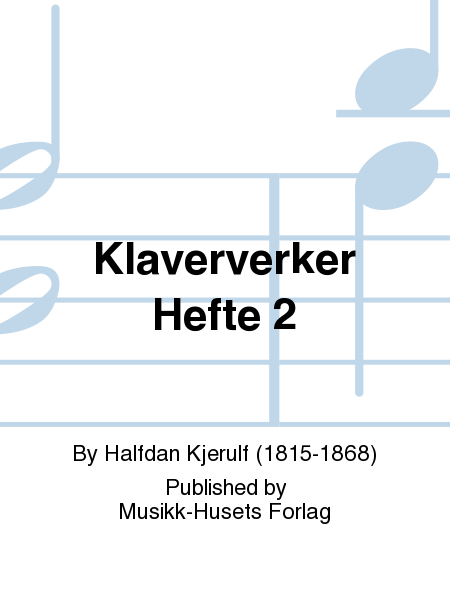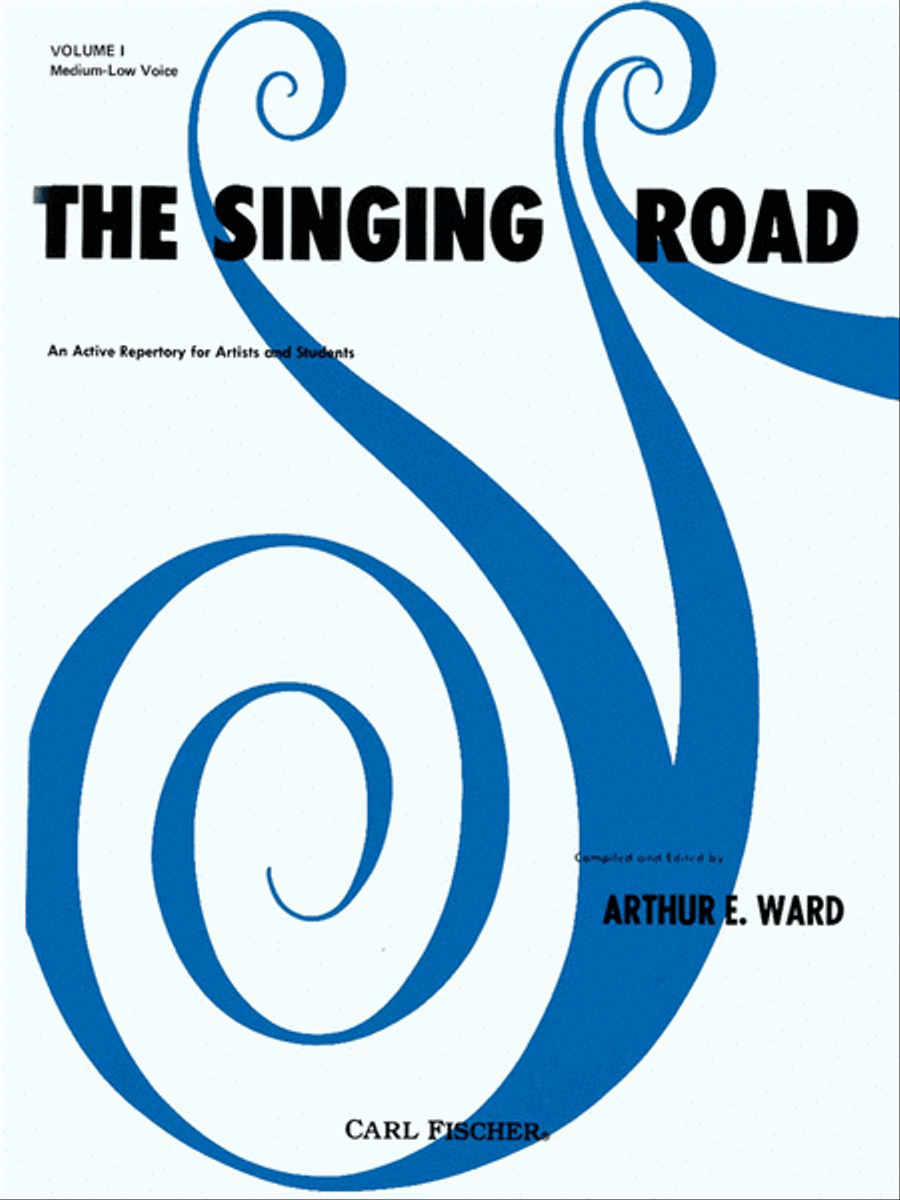Halfdan Kjerulf (1815 - 1868)
 Norvège
Norvège
Halfdan Kjerulf (15 September 1815 – 11 August 1868) was a Norwegian composer.
Kjerulf was born in Christiania (now Oslo). He was the son of a high government official. His early education was at Christiania University, for a legal career, but h ... (Read all)
Source : Wikipedia
 Norvège
NorvègeHalfdan Kjerulf (15 September 1815 – 11 August 1868) was a Norwegian composer.
Kjerulf was born in Christiania (now Oslo). He was the son of a high government official. His early education was at Christiania University, for a legal career, but h ... (Read all)
Source : Wikipedia
Free sheet music of Halfdan Kjerulf
You've Selected:
14 sheets found sorted by:
Search
| |||||||||||||||||||||||||||||||||||
© 2000 - 2024
Home - New releases - Composers
Legal notice - Full version


























